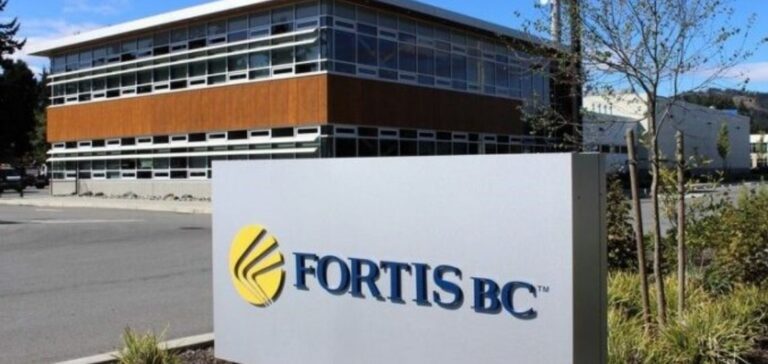On February 27, 2025, the University of British Columbia Okanagan (UBCO) inaugurated a 185-square-metre hydrogen research laboratory (H2LAB), supported by an investment from FortisBC. This laboratory, one of the most advanced in North America, aims to conduct research on integrating hydrogen into the energy system of British Columbia. FortisBC, a major natural gas supplier, is backing the project to develop low-carbon energy solutions, including the injection of hydrogen into its distribution network.
A Cutting-Edge Laboratory
The H2LAB was made possible through a total funding of CAD 3.6 million, with CAD 500,000 from FortisBC and CAD 800,000 from the Natural Sciences and Engineering Research Council of Canada. The laboratory, located in UBCO’s innovation district, is dedicated to promoting hydrogen research and innovation, a low-carbon renewable gas. Researchers at UBCO, including the Dean of Engineering, Dr. Will Hughes, emphasise the significance of this project for the industry and the future of energy in the province. “The H2LAB is a world-class space for clean energy innovation, and this type of innovation requires close collaboration between academia and industry,” said Dr. Hughes.
A Strategic Collaboration for the Future of Energy
FortisBC and UBCO are collaborating to study the impact of hydrogen on existing infrastructure. The aim is to determine how hydrogen can be integrated into the natural gas grid while adhering to safety standards and reducing greenhouse gas emissions. Dr. Dimitry Sediako, head of the high-performance propulsion materials laboratory at UBCO, and his team are studying the effects of hydrogen gas and hydrogen-enriched natural gas on current infrastructure. According to Dr. Sediako, “Hydrogen has applications across many sectors, and testing its materials and techniques is critical for widespread adoption.”
As a pioneer in low-carbon gases, FortisBC launched its renewable natural gas (RNG) programme 15 years ago. With UBCO’s support, the company aims to explore hydrogen’s potential to meet energy demands while reducing its carbon footprint. “We are excited to work with UBCO to shape the future of low-carbon energy,” said Dawn Mehrer, Vice President of Corporate Services and Technology at FortisBC.
A Collaborative and Innovative Future
On February 27, 2025, representatives from FortisBC and UBCO visited the H2LAB to observe the initial research underway. The laboratory is now a hub for exchange between researchers, businesses, and other stakeholders in the energy industry. Dr. Hughes invited businesses and researchers to participate in this collaborative endeavour: “We are proud to present this space and invite industry players to come here to tackle challenges and seize opportunities for hydrogen innovation,” he concluded.






















